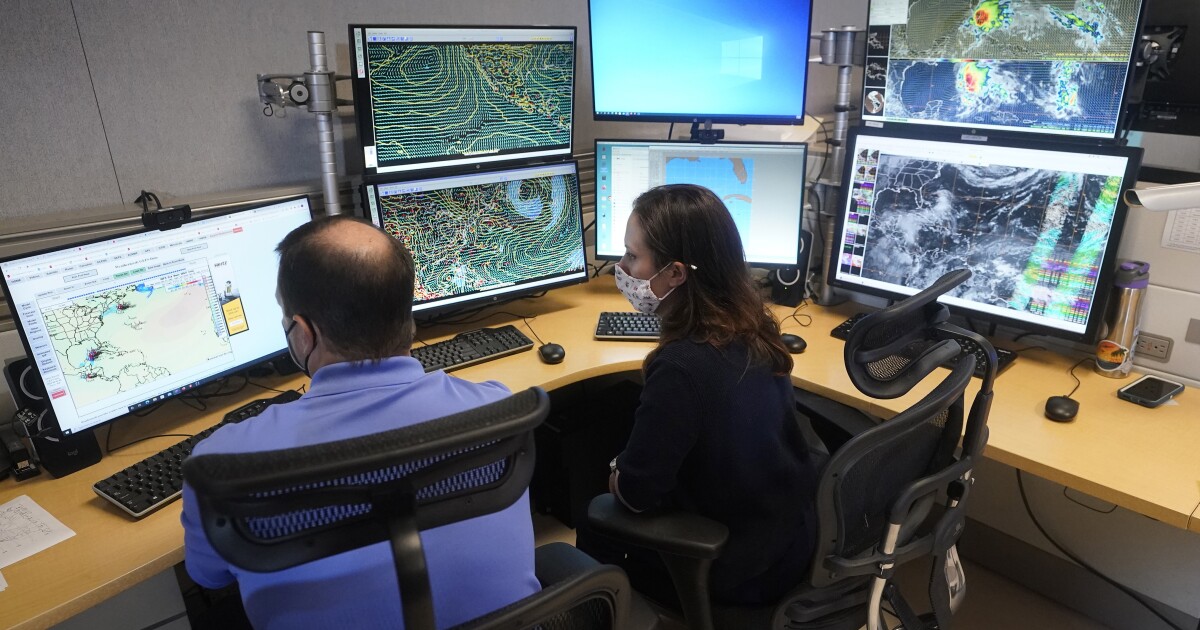Forecasters on Thursday issued tropical storm warnings for Florida and Cuba as the system that hit Mexico this week moves east.
The US National Hurricane Center said the storm previously known as Agatha in the Pacific Ocean will be named Alex in the Atlantic.
The tropical storm watch extends from Longboat Key on the Gulf Coast south to the other side of the Florida panhandle, including Lake Okeechobee, which is always at risk of flooding. The alert includes the Florida Keys.
The Cuban government issued a tropical storm warning for the provinces of Matanzas, Mayabeque, Havana, Artemisa, Pinar del Río and Isla de la Juventud, according to the US National Weather Service.
The Atlantic hurricane season formally began on Tuesday. This is an unusually early start to storm season, but it’s not unprecedented for Florida.
The hurricane center is forecasting up to 10 inches (25 centimeters) of rain in parts of South Florida from the storm, although it is not expected to bring high winds or cause significant storm surge. Either way, flooding is possible and the winds will be relatively strong.
The center reported that the system had maximum sustained winds of about 55 km/h (35 mph) with higher gusts on Thursday afternoon. It is forecast to become a tropical storm on Friday, which means its winds will strengthen but not reach hurricane strength.
“Heavy rain will begin to affect South Florida and the Keys on Friday and continue through Saturday,” the National Hurricane Center said in an online post. Storm surges and flooding were also forecast, the severity of which will depend on the tide.
In the Pacific, Hurricane Agatha caused flooding and mudslides that left at least 11 dead and 20 missing in Mexico, according to authorities. It caused rivers to overflow and flatten houses, while other victims were buried under rocks and mud.
The storm is now heading for Florida.
Agatha became the strongest hurricane on record to make landfall in a month of May during the eastern Pacific hurricane season since 1949. Scientists say tropical systems will become more intense and destructive due to global warming.
–

